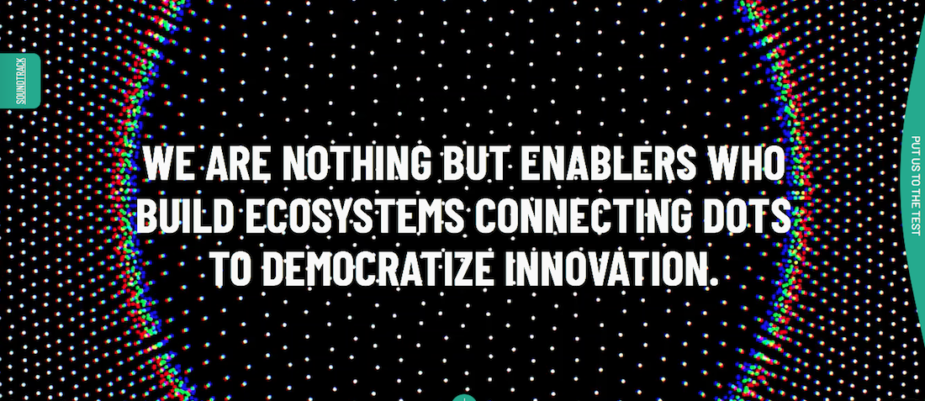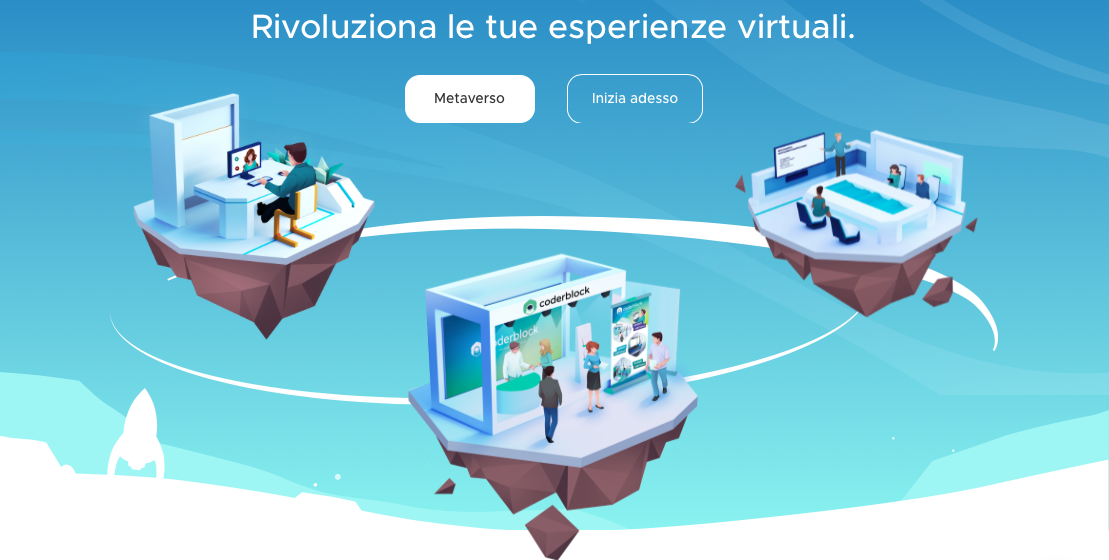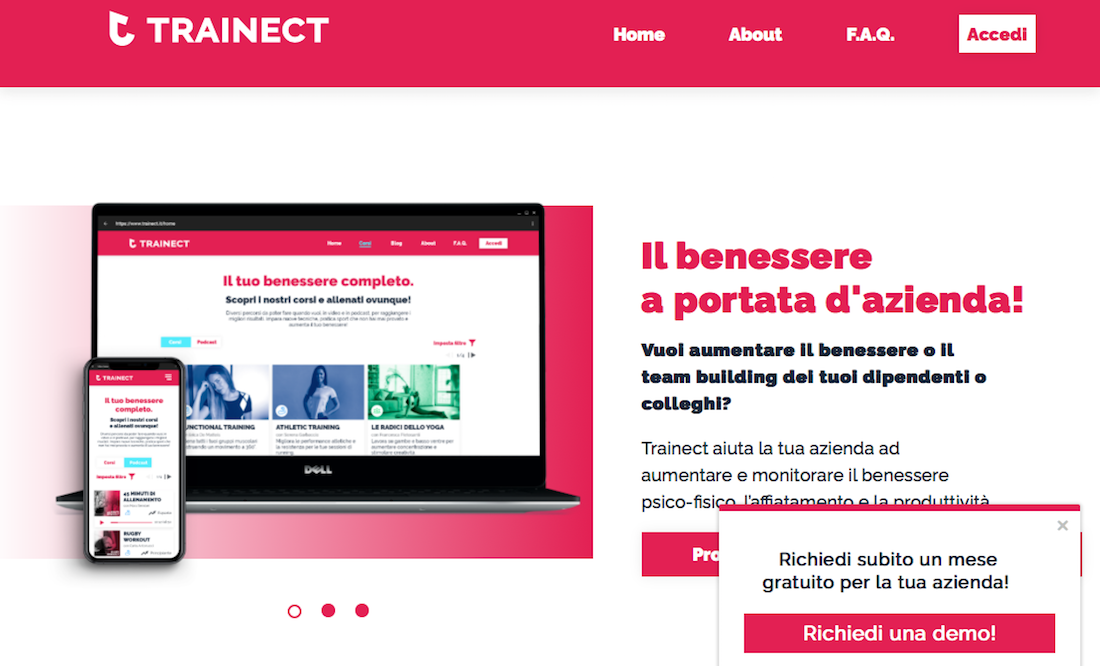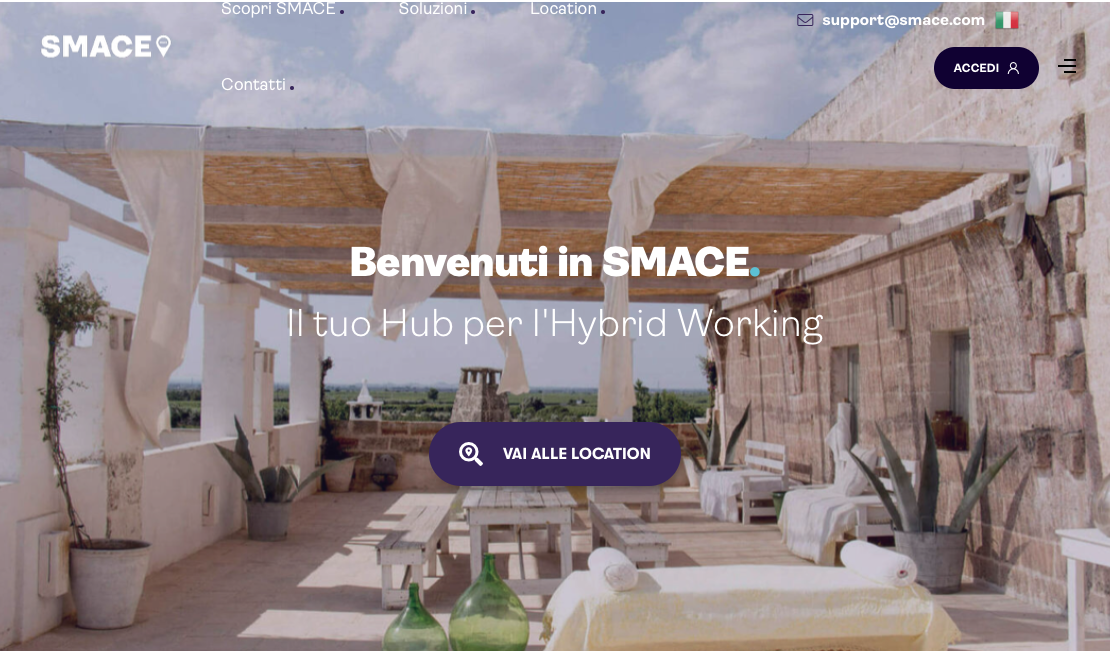
We have repeatedly talked about the radical change in working methods imposed by the pandemic; a forced change that has allowed the world to discover the numerous benefits of remote working (from economic savings both for companies and employees, to the commuting reduction, up to the work-life balance).
According to Milano Finanza, 40% of Italian companies implemented smart working even after the health emergency, gradually making it a real standard.
In this context, startups played an important role as promoters of technological and cultural revolutions destined to last over time.
From a futuristic benefit granted to a few, smart working has become a necessity first, and then an essential condition, increasingly requested by employees, especially by the new generation of workers.
In addition to the well known benefits, a fundamental aspect for its diffusion is represented by the transformation of technology. Until a few years ago, technology was in a certain sense pursued by the workers, who had to keep constantly updating their skills. With the pandemic there has also been a radical change in the conception of technology itself: no longer pursued by the worker, but at the service of the worker, to respond to the needs of the context and favor those aspects today became fundamental in our working life, such as efficiency, autonomy and freedom of the individual.
To foster this evolution, the role of startups was fundamental. Startups, in fact, are born precisely to respond to the latest market needs or to take advantage of the opportunities and emerged trends.
Many successful products and services that have depopulated during the pandemic were born from startups contributing to the growth and improvement both technological and cultural of smart working.
Startup and smart working: the technological contribution.
From the point of view of new technologies to support smart working, some interesting Italian examples are Coderblock, Trainect and Smace, all very different in the products and services but with the common point of offering innovative solutions aimed at facilitating adoption of remote working and improving the users experience.
Coderblock aims to revolutionize virtual experiences. In particular, it deals with the development of virtual 3D worlds for events, working and training, for example to allow users, to collaborate with their team remotely in a 3D virtual office dedicated to smart working.
Trainect is instead a platform dedicated to wellbeing and team building, aimed at increasing and monitoring the psycho-physical wellbeing, harmony and productivity of workers.
Smace , which recently closed a 350 thousand euro investment round, offers a “smart working as a service” allowing users to organize “workation” (work -vacation) in places of interest, working in structures equipped with everything necessary for smart working (such as fast internet connection and adequate workstations). Its motto is “Smart work in a smart place”: on the platform it is possible to have access to a wide network of workspaces, services and experiences, aimed at both companies and freelancers.

Startup and smart working: the cultural contribution.
The second contribution offered by startups to smart working concerns the culture of smart working.
Startups are by definition innovative businesses, characterized by high flexibility and ability to adapt to the context in which they operate. In the case of smart working they implement this change at the forefront, internalizing it and adopting it in their daily lives.
By doing so, they have favored its diffusion and contributed, from a cultural point of view, to making it become in effect a general standard for society.
With this brief examination we wanted to report only some case studies to get an idea of the strong relationship between the startup world and smart working: if the affirmation of this new working paradigm has accelerated the birth of innovative solutions, startups on the other hand have supported and accelerated the affirmation of smart working in Italian organizations, playing a crucial role as promoters of technological and cultural revolutions destined to last over time.
Text by Lucia Goracci, Innovation Advisor and People & Organization Expert in Seedble



















